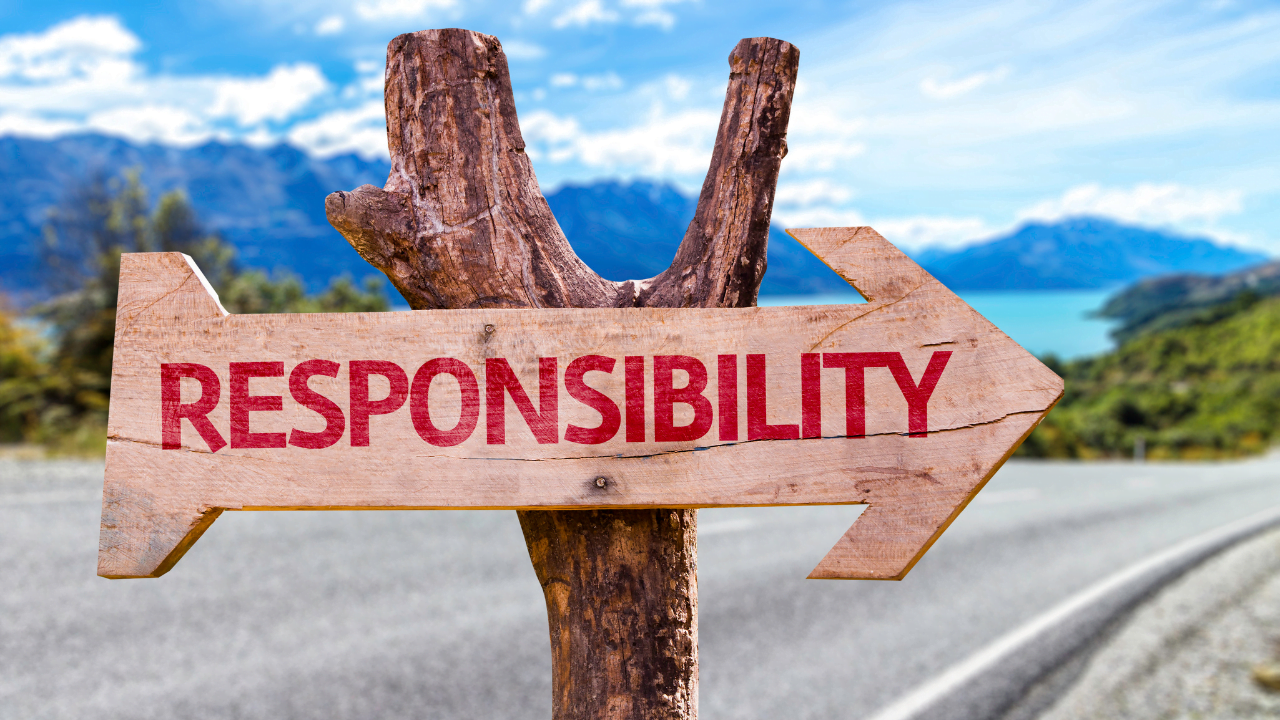No products in the cart.
The Importance of Forgiveness in Fostering Spiritual Growth
This post contains paid and/or affiliate links. I make a small commission at no extra cost to you. Please see our Privacy Policy.
Forgiveness plays a crucial role in fostering spiritual growth as it is a transformative process that allows individuals to release feelings of anger, resentment, and bitterness. By forgiving oneself and others, individuals open their hearts to love, compassion, and inner peace, paving the way for spiritual advancement.
Holding onto grudges and past hurts can weigh heavily on the spirit, hindering personal growth and preventing individuals from reaching their full potential.
One of the key aspects of forgiveness in spiritual growth is letting go of negative emotions and embracing a mindset of understanding and empathy. When individuals forgive, they free themselves from carrying emotional baggage, creating space for healing and spiritual expansion. This release of negativity creates a harmonious environment within the mind, body, and soul, enabling individuals to connect with their higher selves and the divine energy surrounding them.
Furthermore, forgiveness is closely tied to the concept of karma in many spiritual traditions. By forgiving others, individuals break the cycle of negativity and create positive karma that can lead to a more fulfilling and abundant life. Forgiveness allows individuals to transcend ego-driven desires and beliefs, leading to a deeper self-awareness and connection to the universe.
In addition, forgiveness promotes a sense of unity and interconnectedness with all beings. When individuals forgive others, they acknowledge the shared humanity and inherent goodness in each person, fostering a sense of unity and oneness with the world. This interconnectedness is essential for spiritual growth, shifting the focus from the individual self to the collective whole and promoting a sense of compassion, love, and harmony.
Forgiveness is a powerful tool for spiritual growth as it enables individuals to release negativity, cultivate positive energy, and foster a deeper connection to themselves and the world around them. By embracing forgiveness daily, individuals can experience profound transformations in their spiritual journey, leading to a greater sense of peace, joy, and enlightenment.
Practical Steps to Cultivating Forgiveness in One’s Spiritual Journey
Forgiveness is a significant aspect of one’s spiritual growth journey. It allows individuals to release negative emotions, heal past wounds, and move forward with peace and compassion. Cultivating forgiveness is a practice that can bring immense transformation and growth within oneself. Here are some practical steps to help individuals incorporate forgiveness into their spiritual journey:
- Self-Reflection and Awareness: The first step in cultivating forgiveness is to engage in self-reflection and increase self-awareness. Understand the impact of holding onto grudges and the freedom that comes with forgiveness. Acknowledge the areas in your life where forgiveness is needed.
- Letting Go of Resentment: Holding onto resentment can block spiritual growth. Practice letting go of resentment towards yourself and others. Understand that forgiveness is a choice and a process that requires time and effort.
- Practice Empathy: Developing empathy towards those who have wronged you can facilitate forgiveness. Try to understand the perspective of the person who hurt you and recognize their humanity. Empathy can soften the heart and make forgiveness more accessible.
- Express Your Feelings: Healthily communicate your feelings. Expressing your emotions, whether through writing, talking to a trusted friend, or seeking therapy, can help you process hurt and anger, paving the way for forgiveness.
- Release Expectations: Let go of expectations of receiving an apology or reconciliation from the person you need to forgive. Realize that forgiveness is primarily for your benefit and growth. Release any attachments to specific outcomes.
- Practice Gratitude: Cultivate gratitude in your life by focusing on the positive aspects of your experiences. Gratitude can shift your perspective and help you see the lessons and growth opportunities from challenging situations.
- Meditation and Mindfulness: Incorporate mindfulness and meditation practices into your daily routine. These practices can help you stay present, reduce negative emotions, and enhance your capacity for forgiveness and compassion.
- Seek Support: Forgiveness can be challenging, and seeking support when needed is essential. Surround yourself with a supportive community, seek guidance from spiritual leaders, or consider professional help navigating the forgiveness process.
- Practice Self-Forgiveness: Remember to extend forgiveness towards yourself. Recognize your shortcomings and mistakes with compassion and understanding. Self-forgiveness is a crucial component of spiritual growth and overall well-being.
Cultivating forgiveness in one’s spiritual journey is a transformative process that requires self-awareness, empathy, and practice. By incorporating these practical steps into your daily life, you can foster spiritual growth, release emotional burdens, and experience greater peace and harmony within yourself and with others.
Conclusion
In fulfilling one’s spiritual journey, the pivotal role of forgiveness cannot be overstated. As we navigate life’s complexities, harboring resentment, anger, or bitterness can severely hinder our spiritual growth. We open the door to healing, liberation, and profound transformation by embracing forgiveness. Forgiving is not merely a gift to others but a profound act of self-love and self-preservation. It allows us to release the burdens that weigh us down, paving the way for inner peace and spiritual enlightenment.
Embarking on the path of forgiveness requires courage, humility, and a deep commitment to growth. It starts with acknowledging the pain and hurt we carry and consciously letting go of their grip on our hearts. Cultivating forgiveness is a process that unfolds over time, requiring patience, perseverance, and compassion toward oneself and others.
To foster forgiveness in our spiritual journey, we can adopt practical steps that serve as guiding beacons along the way.
One practical step in cultivating forgiveness is practicing empathy and compassion. By putting ourselves in the shoes of those who have wronged us, we gain a deeper understanding of their motivations, struggles, and humanity.
This shift in perspective can soften our hearts and pave the way for forgiveness to blossom. Additionally, cultivating a daily practice of mindfulness and self-reflection can help us stay attuned to our emotions, triggers, and reactivity patterns. By becoming more aware of our inner landscape, we can respond to challenging situations with greater wisdom and serenity.
Another essential step in the journey of forgiveness is the practice of self-forgiveness. Often, we are our harshest critics, holding ourselves to impossible standards and replaying past mistakes in our minds. To truly embrace forgiveness, we must extend the same compassion and understanding to ourselves that we offer to others. By acknowledging our imperfections, learning from our missteps, and embracing our innate worthiness, we pave the way for deep healing and self-acceptance.
Furthermore, forgiveness is not a one-time event but a continuous practice that unfolds in layers. As we navigate the complexities of relationships, disappointments, and conflicts, we are presented with countless opportunities to choose forgiveness over resentment, understanding over judgment, and love over fear. Each act of forgiveness, no matter how small, expands our hearts and deepens our spiritual journey.
Forgiveness is a cornerstone of spiritual growth, offering us a pathway to liberation, healing, and profound transformation. We open the door to inner peace by embracing forgiveness in our lives, relationships, joy, and connection.
Through practical steps such as cultivating empathy, practicing self-forgiveness, and embracing forgiveness as a continuous journey, we pave the way for the blossoming of our spiritual potential.
As we embark on this sacred journey of forgiveness, may we be guided by compassion, courage, and the unwavering belief in the transformative power of forgiveness.











